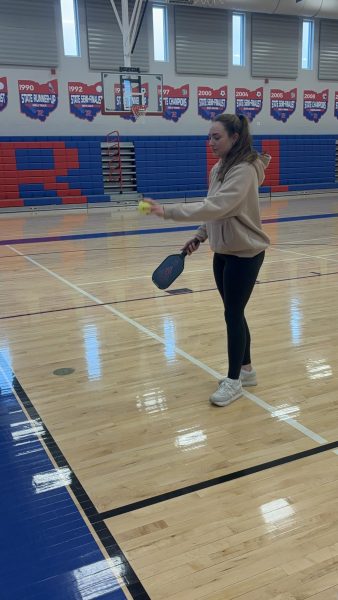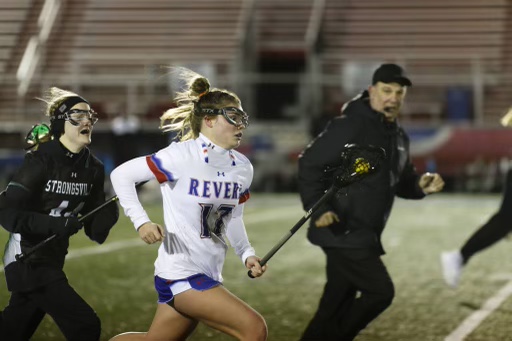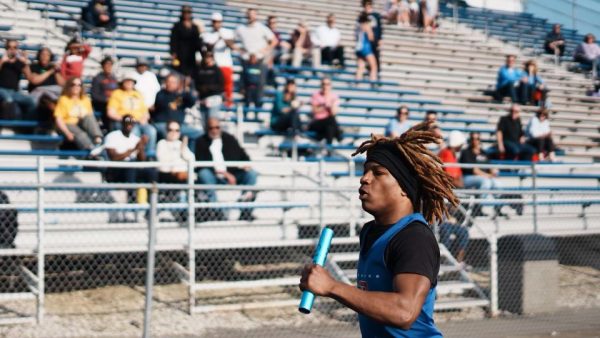Referees have major effect on games
March Madness provides immediate reprieve from the doldrums of winter as basketball fans anticipate their versions of the winning NCAA tournament bracket. During this tournament, 68 of the most successful programs in the nation compete to claim the coveted NCAA title. The competition consists of frequent buzzer-beater shots in the tightest of games sending teams on to the next leg. The single elimination tournament often challenges a team to rely on its mentality to win in order to get through to the next round, or face the anguish of losing and having to return home. In turn, fans enjoy their own version of competition through friendly trash talk over these brackets.
Recently, the North Carolina Tar Heels played the Gonzaga Bulldogs in the championship game of this tournament. North Carolina defeated Gonzaga 71-65, claiming their fifth national championship; however, heavy criticism circulates about the referees questionable officiating. According to Alex Kirshner from Sports Blog Nation, the officials called 44 fouls called during the course of the game, each team committing 22. In the final 10 minutes of the game, Gonzaga had three players with four fouls, while North Carolina also had a player with four fouls. In college basketball, five fouls disqualify a player from the game and awards the opposing team free throws. These excessive calls interrupted the momentum of the game’s progress and no longer allowed for the true measure of team talent which had an adverse effect on the quality of the game.
If players worry about a foul-out with a few minutes remaining in a game, their intensity suffers and frustration potentially prevails. Like all competitive sports, officials have a responsibility to oversee the fairness of a game, but can referees have the ability to change the outcome of a game, and, therefore a tournament?
According to the Bureau of Labor Statistics, umpires, referees and other sports officials preside over competitive athletic or sporting events to help maintain standards of play. They detect infractions and decide penalties according to the rules of the game. Referees are supposed to keep an unbiased mind for every game they mediate. Yet, bias plays a part on the biggest stage for the biggest games where officials are involved.
An article on ESPN’s website stated that referees favor the home team. In a study of 365 college games during the 2004-05 season, professors found that refs had a terrific knack for keeping the foul count even, regardless of which team was more aggressive. Referees tend to utilize the “make-up” call and make more judgment calls against teams in the lead; the discrepancy grows if the game is featured on national TV. Spectators, players, and coaches expect referees to maintain order in sporting events.
Unfortunately, the human nature of a referee lends to bias which may cause them to lose patience throughout the game. Knowing that humans have bias, we need to train the officials to be professionals who combat the urge to make a poor judgment call. Referees should practice discretion while interpreting the rules of a game as well as the intentions of players and coaches involved. Additionally, referees need to conduct themselves in a professional manner that prevents them from engaging with spectators, players, and/or coaches in an unsportsmanlike manner. If referees make excessively questionable calls determined by a board of highly qualified officials, they should face fines accordingly. Such a consequence could alleviate the possibility of home team advantage and biased officiating of a sporting event. A game should be remembered for the way it is played, not for how it was officiated.







